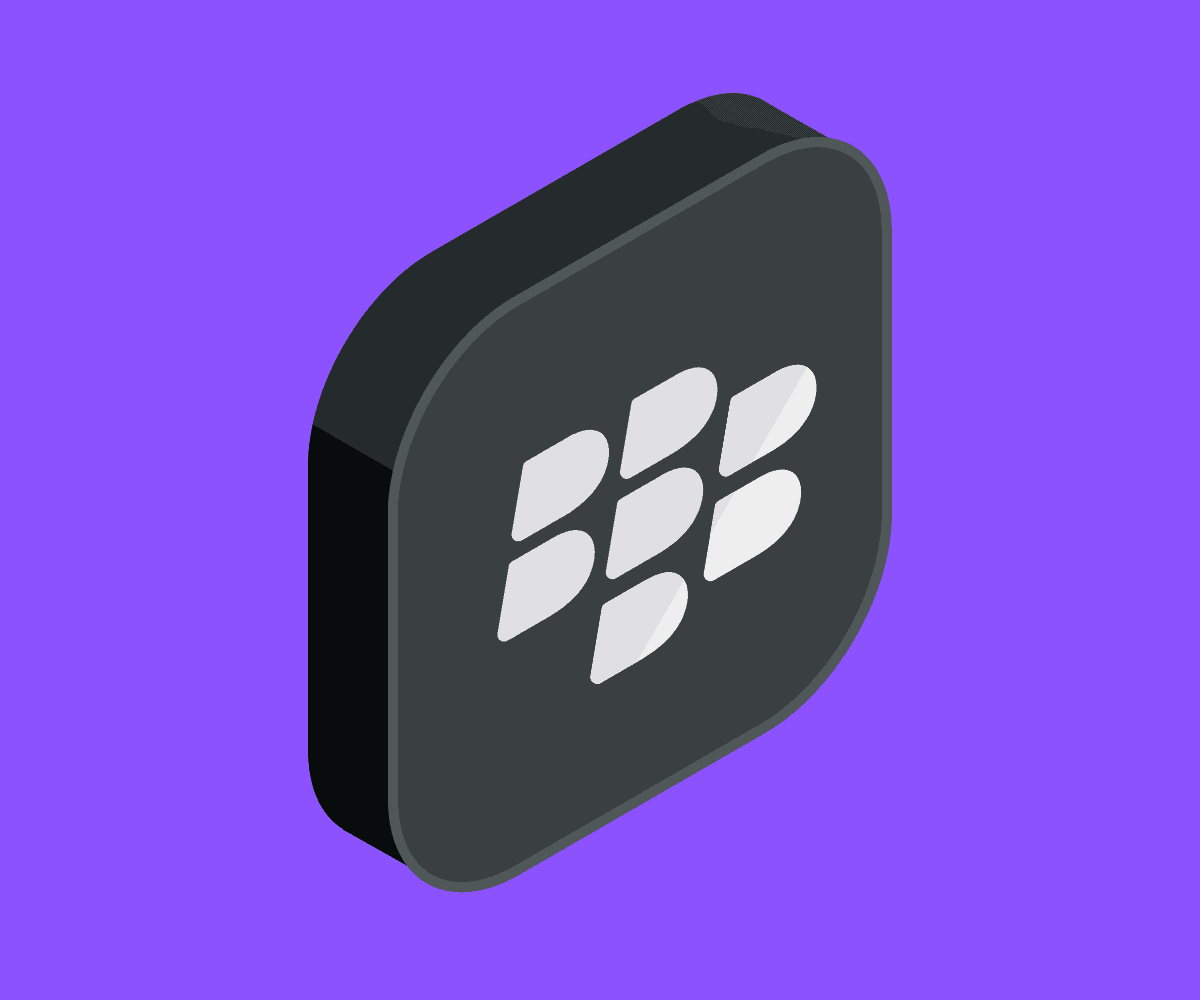There’s a new BlackBerry phone on the way. But is anyone actually going to buy it?
Onward Mobility now owns the license to the BlackBerry brand. This means, like TCL before it, the company can design, manufacture, and sell BlackBerry phones. And the first new BlackBerry phone is apparently coming before the close of 2021.
I say, apparently, because Onward Mobility said its first 5G-ready BlackBerry phone was coming in 2021. But here we are at the arse-end of 2021 and there’s no new BlackBerry phone in sight. This is likely down to either bad planning or the global chip shortage.
Either way, I don’t think we’ll be seeing a new BlackBerry phone until at least 2022. In fact, it’ll probably launch at MWC 2022 – that’d be as good a place as any for Onward Mobility to unveil its new vision for how BlackBerry phones should look and function. And MWC usually takes place in February.
Who’s Gonna Buy It?
Talk of a new BlackBerry phone is great. And I’m glad to see the company’s name back on the radar. But if we’re being completely honest, who in their right mind believes this is going to work? I mean, it has taken Google the best part of a decade to even get so much of a sniff of success with its Pixel phones.
LG threw in the towel completely. Ditto HTC. And Sony is hanging on by the skin of its teeth. Huawei died a slow death at the hands of US regulators. And most people just run iPhones or Samsung phones. You have other, newer players like RealMe, Xiaomi, OPPO, and VIVO that are making waves, sure, but that’s mostly overseas, outside the US.

In the US, people use Samsung phones or iPhones, for the most part. Apple and Samsung control everything. And it is much the same in the UK and most of Europe. So how exactly is Onward Mobility planning on carving out a slice of any of these markets for itself? With a QWERTY keyboard? Pretty sure BlackBerry has already fought and died on that hill once or twice before.
Security? Possibly. I mean, yeah, it could work. But Android – especially if you run a Pixel phone – and iOS are now very secure platforms, particularly Apple’s iOS. Apple’s iPhones are used by celebrities and government officials for this very reason. And even the oldest instructions and businesses have now phased out BlackBerry’s older phones which were once the stalwart of Fortune 500 companies.
If Google Can’t Get A Look In, Onward Mobility is Screwed…
But the main thing is branding. Think about it: Apple and Samsung. That’s what people think about when they think about phones. And the reason for this is because they both have incredibly strong brands, Apple particularly. Samsung has spent its way to the top. And that’s fine. Whatever it takes, right?
But if Google, arguably one of the most well-known and influential companies on the planet, cannot make a success out of its phones, despite the fact it CREATED Android, then how is a smaller, more or less unknown company going to fare? It has the BlackBerry license, sure, but the problem is no one cares about BlackBerry anymore. Just ask the guys at TCL; they tried to make it work and failed.
I’m all for innovation and new brands coming into the space. I love what Realme and VIVO have pulled off these last few years. But I just don’t get that Onward Mobility has any big ideas for its first phone. All it has confirmed so far is that it will have a QWERTY keyboard and 5G. And if that’s what innovation looks like at Onward Mobility, I think it has a pretty rough couple of years ahead of it trying to make this work.
I could be wrong, of course, but I just don’t see anyone jumping ship from Apple and Samsung’s ecosystem to pick up a new BlackBerry, QWERTY keyboard or not. I mean, even switching to Android couldn’t save BlackBerry in the end last time around. So why would it now?


